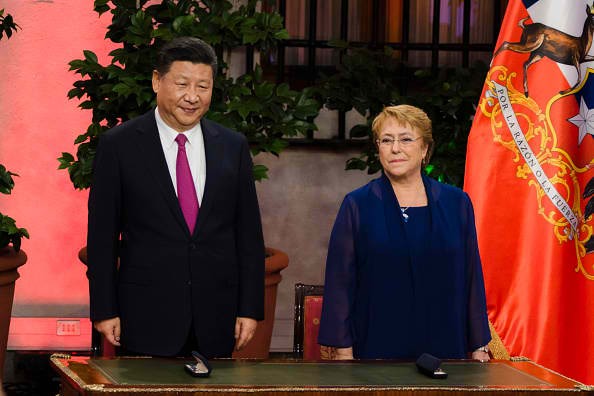Yin Hengmin, China's envoy on Latin American and Caribbean Affairs, revealed that China will support the economic integration of countries in the Asia-Pacific region and the world.
He attended a dialogue with high-level representatives from Chile and said, "China promotes the economic integration of the Asia-Pacific and we also firmly support global integration."
In last year's summit, delegates of the Asia-Pacific Economic Cooperation (APEC) agreed that member countries will work towards a higher level of integration for free trade.
"I am convinced that in 2019, when Chile hosts the APEC Summit, the meeting is going to inject new strength in promoting the Asia-Pacific free-trade zone," said Yin.
He added that China will "explore this process of integration with all of the parties present" with Latin America.
The Latin American governments are now exploring new ways of partnering with Asian countries.
China organized and led the Regional Comprehensive Economic Partnership (RCEP) with 10 ASEAN countries, India and Pakistan. The RCEP is seen as a rival of the Trans-Pacific Partnership as mainly organized by the U.S.
"First, we support the Asia-Pacific free trade zone," said Yin. "China is going to firmly support and promote this process, and we are going to speed up the negotiations so they can conclude as soon as possible, contributing to integration in the region."
Yin also predicted that the RCEP will be finalized soon and will be the biggest alliance in Asia.
He said, "Once negotiations have concluded, the RCEP will be the free trade agreement for the area with the largest population in the Asia-Pacific region."
Experts believe that the China-led alliances will be more significant than the U.S.-led partnerships.
Joshua Meltzer, a former Australian diplomat, said, "Countries have realized very quickly that (RCEP) is the only major Asia trade deal on the table."
Yin said that China has already signed agreements with Chile and Peru and is "studying the viability of another with Colombia."



























